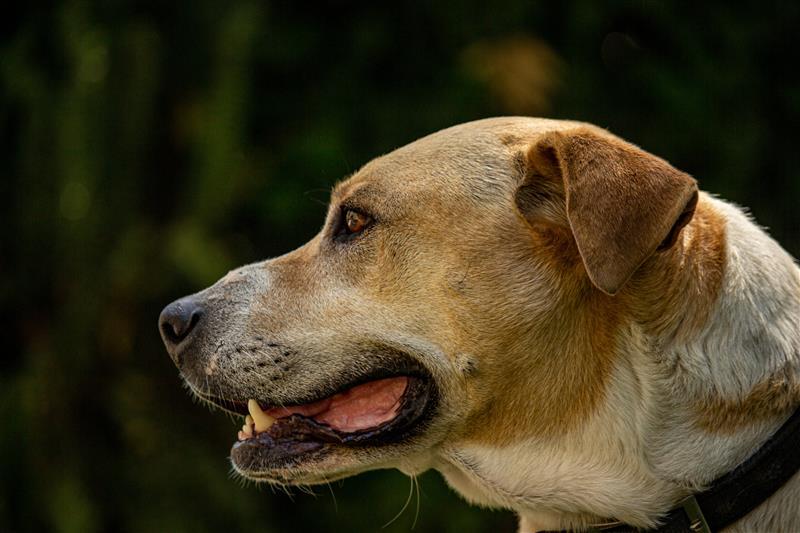Vaccinations are one of the most essential parts of responsible pet ownership. They protect your dog or cat from a range of potentially deadly diseases, many of which are highly contagious and difficult to treat. By keeping your pet’s vaccinations up to date, you not only safeguard their health but also help prevent outbreaks in your community. This guide explains how pet vaccines work, which shots are essential, and what to expect during your pet’s vaccination visits.
Why vaccines are vital for pets
Vaccines train your pet’s immune system to recognize and fight off specific diseases before they cause illness. Just as human vaccines have eliminated or reduced diseases like polio and measles, pet vaccines have drastically decreased cases of rabies, distemper, and parvovirus. Without vaccinations, pets are left vulnerable to infections that can spread rapidly and have severe, often fatal, outcomes.
How vaccinations work
Vaccines contain small, harmless parts of a virus or bacteria—or weakened versions of the germ—that trigger an immune response without causing the disease itself. After vaccination, your pet’s immune system creates antibodies. If they are later exposed to the real disease, these antibodies quickly recognize and attack it, preventing illness or making it far less severe.
Core vs. non-core vaccines
Veterinarians classify vaccines into two main categories: core and non-core.
- Core vaccines are recommended for all pets, regardless of lifestyle, because they protect against widespread and severe diseases.
- Non-core vaccines are optional and given based on your pet’s specific risks, such as environment, travel habits, or exposure to other animals.
Core vaccines for dogs
All dogs should receive the following core vaccinations:
- Rabies: Required by law in most areas; protects against a fatal virus transmissible to humans.
- Canine Distemper: A serious viral disease affecting the respiratory, gastrointestinal, and nervous systems.
- Parvovirus (CPV): Causes severe vomiting, diarrhea, and dehydration, especially in puppies.
- Adenovirus (CAV-1 and CAV-2): Protects against infectious canine hepatitis and respiratory infections.
Non-core vaccines for dogs
Depending on your dog’s lifestyle and exposure risks, your veterinarian may recommend additional vaccines such as:
- Bordetella bronchiseptica (Kennel Cough): For dogs frequently around other pets (boarding, daycare, grooming).
- Leptospirosis: A bacterial infection transmitted through water contaminated by wildlife or rodents.
- Lyme disease: For dogs in areas with high tick activity.
- Canine Influenza: Protects against contagious respiratory viruses spreading in kennels and parks.
Core vaccines for cats
Like dogs, cats also require a series of essential core vaccines:
- Rabies: Protects against a fatal zoonotic virus.
- FVRCP: A combination vaccine that includes:
- Feline Viral Rhinotracheitis (FVR): Causes upper respiratory infections.
- Calicivirus (C): Triggers respiratory symptoms and oral ulcers.
- Panleukopenia (P): Also known as feline distemper, it can be deadly in unvaccinated cats.
Non-core vaccines for cats
- Feline Leukemia Virus (FeLV): Recommended for outdoor cats or those exposed to other cats, as it suppresses the immune system and leads to serious illness.
- FIV (Feline Immunodeficiency Virus): May be suggested for cats at high risk of fights or exposure to infected cats.
- Chlamydia and Bordetella: Optional vaccines for multi-cat households or catteries.
When to vaccinate your pet
Vaccination schedules vary depending on your pet’s age, health, and vaccine history. Here’s a general guide:
- Puppies and kittens: Begin vaccines at 6–8 weeks old, then receive boosters every 3–4 weeks until 16 weeks of age.
- Adult pets: Require booster shots annually or every three years, depending on the vaccine and local regulations.
- Senior pets: Continue vaccinations, but frequency may be adjusted based on health and exposure risk.
Your veterinarian will design a vaccination plan tailored to your pet’s individual needs.
What to expect after vaccination
Most pets tolerate vaccines very well. Mild side effects, such as temporary soreness at the injection site, fatigue, or slight fever, may occur and usually resolve within 24–48 hours. However, rare allergic reactions can happen. Contact your veterinarian immediately if your pet experiences:
- Facial swelling or hives
- Vomiting or diarrhea
- Difficulty breathing
- Collapse or weakness
These symptoms may indicate an allergic response that requires prompt treatment.
Why skipping vaccines puts pets at risk
Some pet owners hesitate to vaccinate due to misconceptions or fear of side effects. However, the risks of preventable diseases far outweigh the minimal risks of vaccination. Outbreaks of parvovirus, distemper, and feline panleukopenia still occur in unvaccinated pets—often with tragic results. Vaccinations not only protect your pet but also safeguard other animals and even people from zoonotic diseases like rabies and leptospirosis.
Customized vaccination plans at Kainer Veterinary Hospital
At Kainer Veterinary Hospital, veterinarians design personalized vaccination schedules based on your pet’s breed, lifestyle, and health status. Whether your pet is an energetic puppy or kitten, an active adult, or a relaxed senior, their team ensures every vaccination is safe, effective, and up to date. They also provide guidance on local vaccination requirements and preventive care to keep your furry friend healthy year-round.
Protect your pet—schedule their vaccines today
Vaccinations are a simple but powerful way to extend your pet’s life and prevent serious illness. Stay proactive, keep records of all immunizations, and schedule routine booster visits. Your veterinarian is your best resource for determining what your pet needs and when. With consistent care, you can enjoy more happy, healthy years together.
Book your pet’s vaccination appointment today with Kainer Veterinary Hospital and give your companion lifelong protection and peace of mind.



